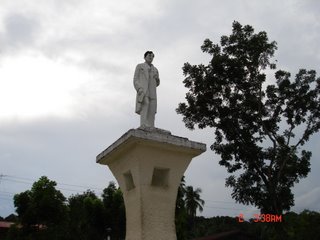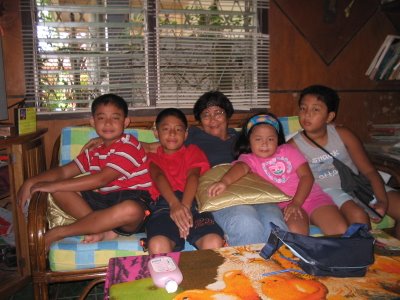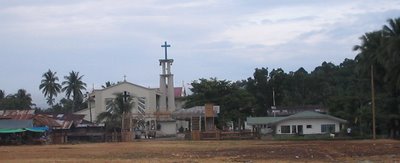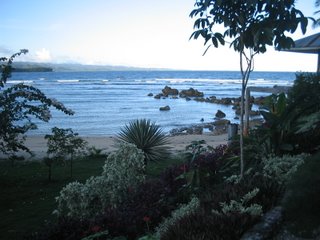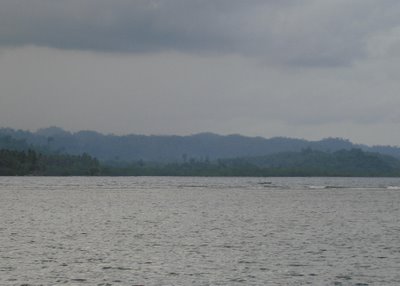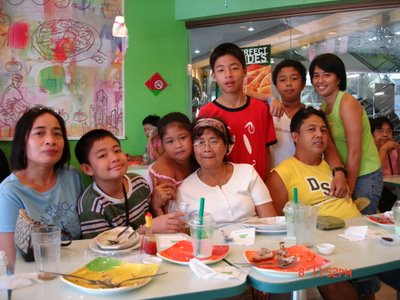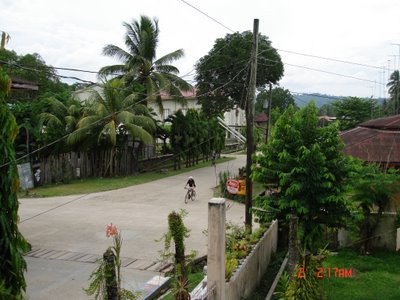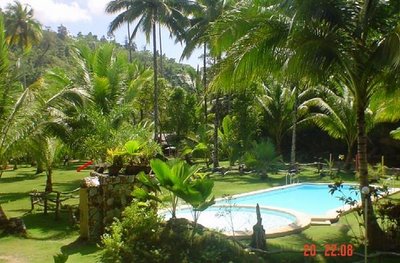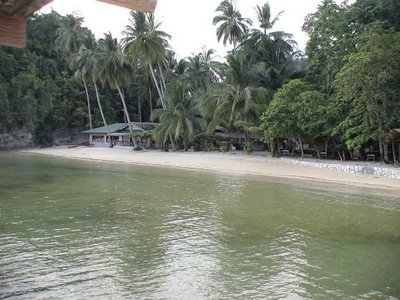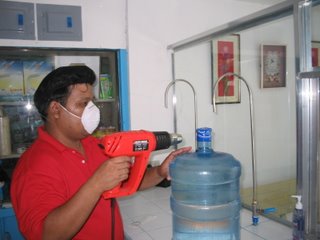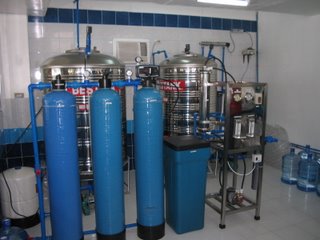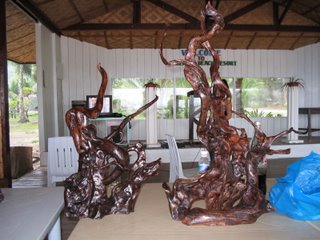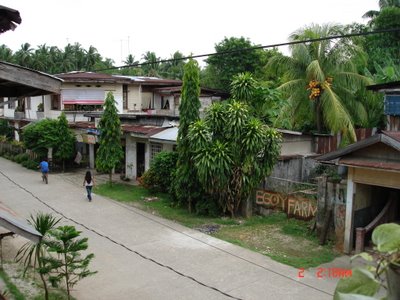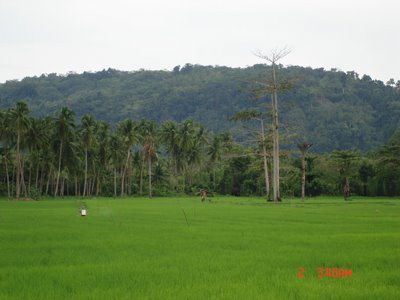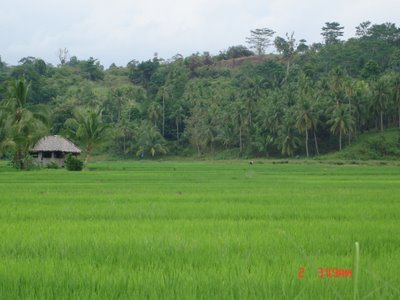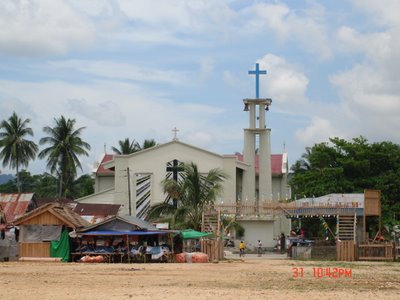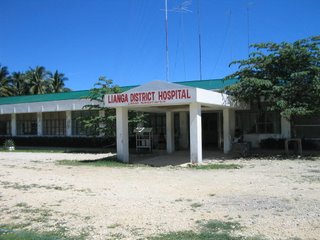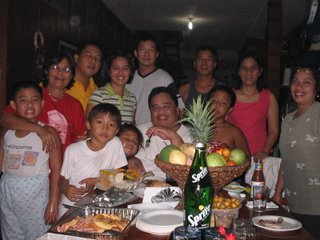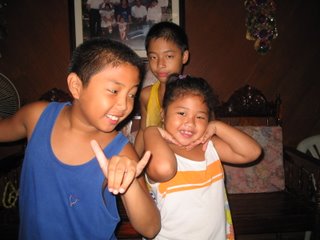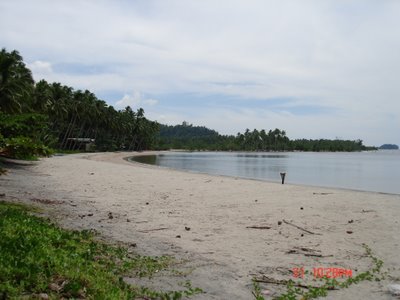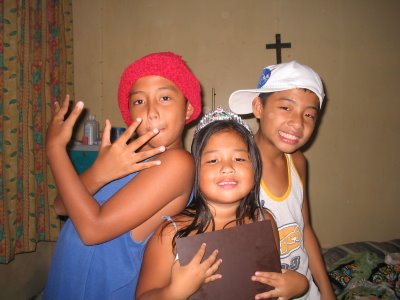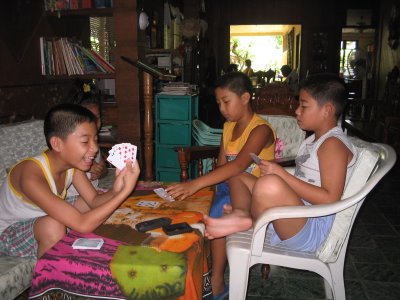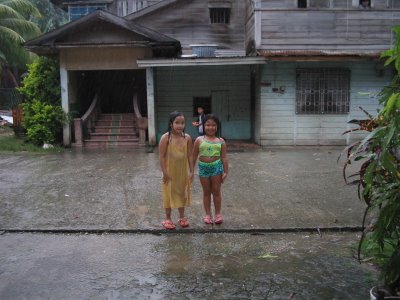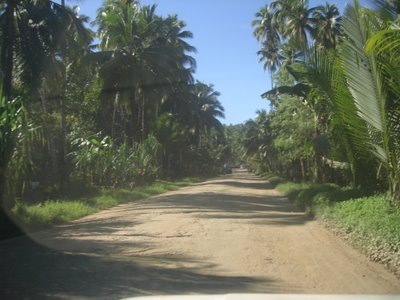 One of the quaint experiences one can surely have when he is in the province of Surigao del Sur is traveling on the province's famous dirt roads.
One of the quaint experiences one can surely have when he is in the province of Surigao del Sur is traveling on the province's famous dirt roads.When I use the terms "quaint" and "famous", it is, of course, with a great deal of sarcasm and an equal degree of frustration. After all, in this age of multiple lane highways, expressways and all the miracles and advances in modern, high-speed transportation infrastructure, the people of the province are still blessed with the best examples of old fashioned, traditional and picturesque dirt road engineering utilizing the best of obsolete road making and maintenance technology dating back to the middle of the last century.
At the sorry state of most of the roads now, they are beginning to look like proving grounds for the latest off-road vehicles or endurance courses for dirt bikes. Or perhaps they are attempts to recreate the experience of what it would be like to drive on the surface of the moon or the wastelands of the Martian landscape.
Bring in the rainy season and then you can have spectacular results like deep ruts, quicksand surfaces, landslides and flooding. Navigating through all that can be the supreme test not only of vehicle durability, capability and power but also of driving skill and prowess. Never mind the mental torture and aggravation plus the physical discomfort and agony of it all.
To be fair about it, the government has started to pave with concrete some of the existing road sections but the effort has been largely notable for being sporadic, lackluster and slow-paced. This is more true particularly in the middle municipalities of the province especially around the Lianga area which essentially links the northern and the southern areas.
So whenever visitors call me up about plans to visit Lianga or any place within the province, I usually have only three pieces of advice. First, they must either bring a heavy duty vehicle with off-road capability or just resign themselves to using the public transport system. Second, is to bring plenty of anti-motion sickness pills and vomit bags for the more queasy travelers. And finally, to prepare themselves physically and mentally for one of the bumpiest, dustiest and roughest road trips of their lives.
For the local inhabitants, however, the rough roads are no novelty. They are something they have to live with and endure every day of their lives. And it looks as if they would have to, at least, for the foreseeable future.
